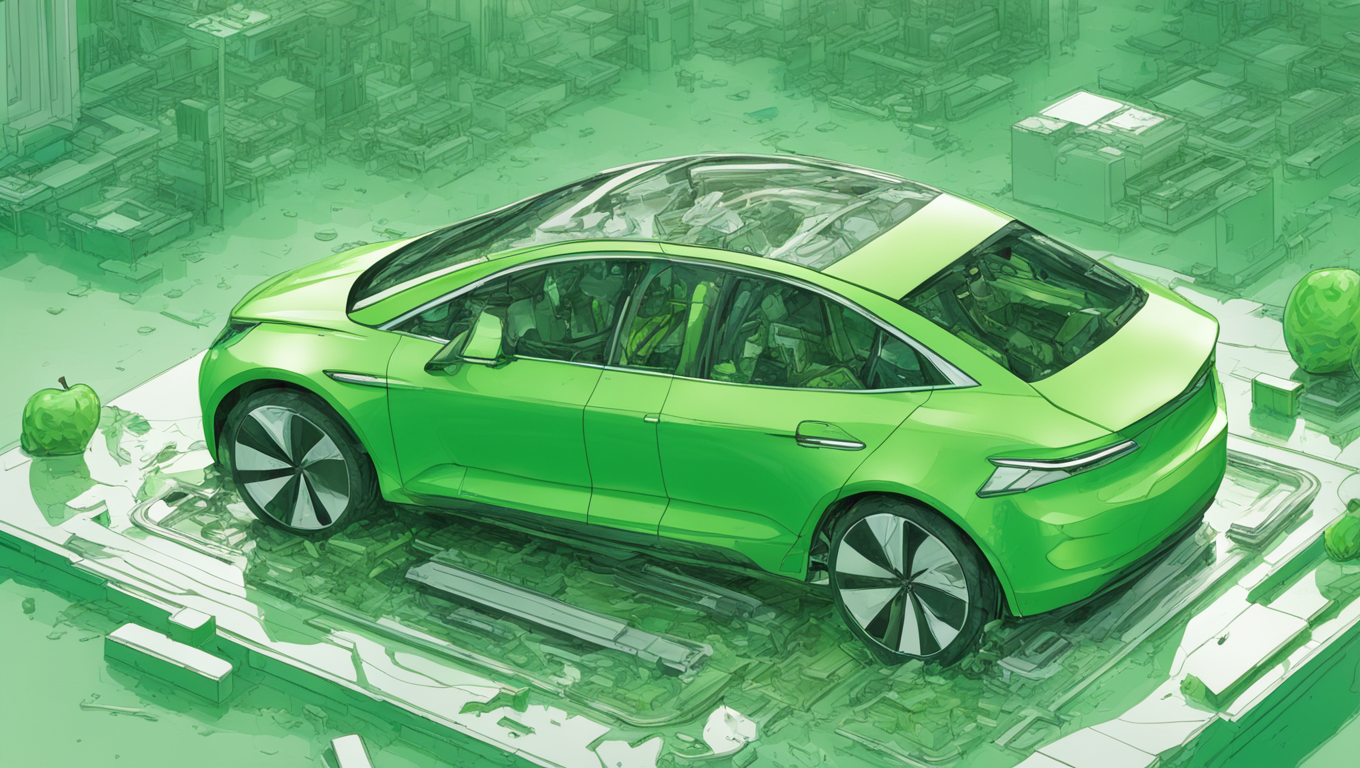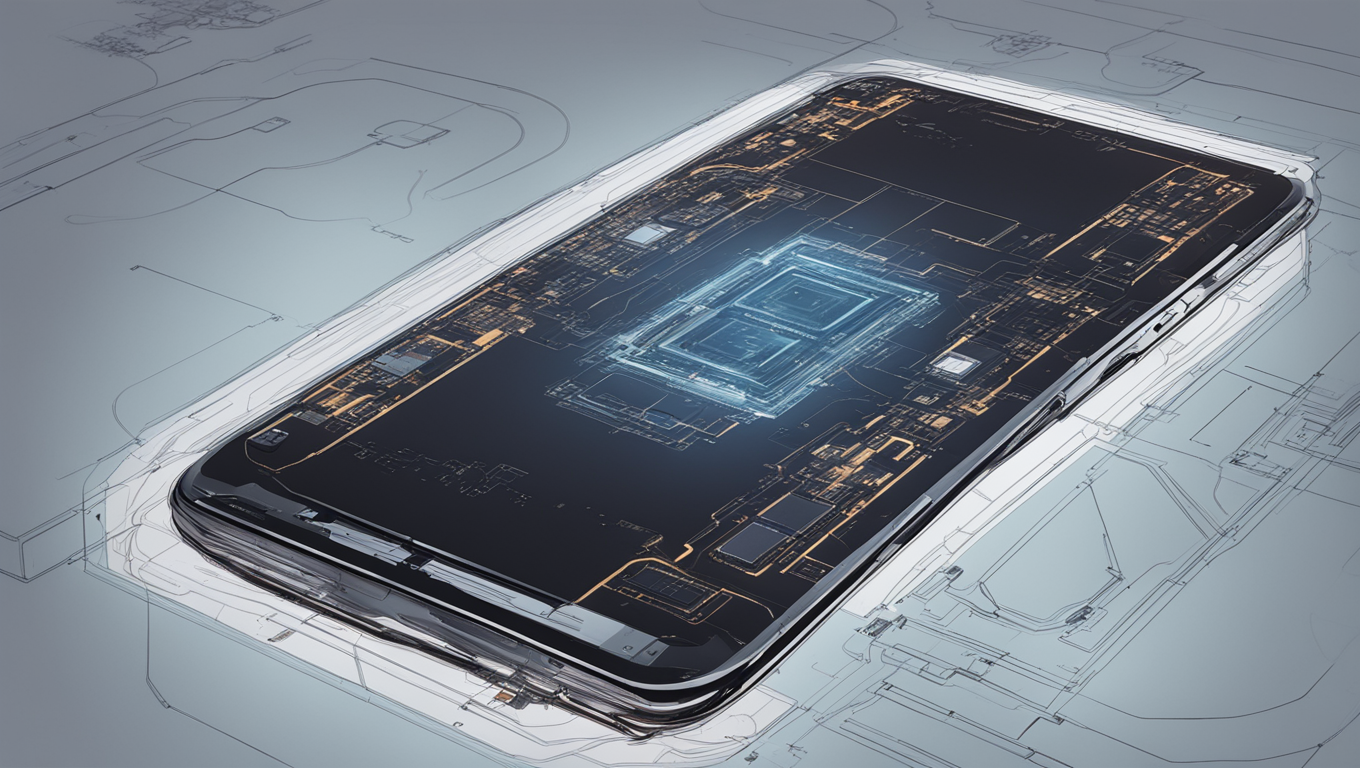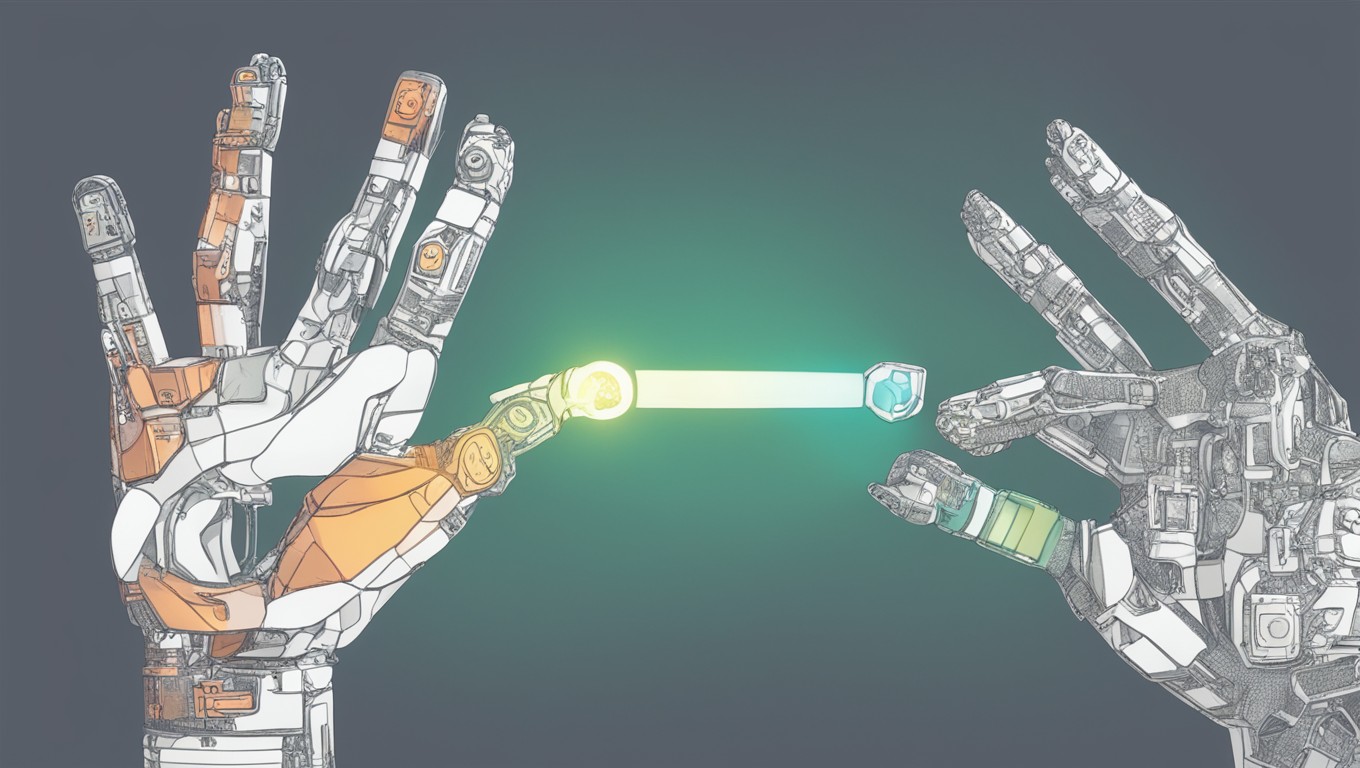In a surprising turn of events, Apple has made the decision to abandon its ambitious project to build an electric car and instead shift its focus to generative AI projects, according to insider sources. This move, which was announced internally by Chief Operating Officer Jeff Williams and executive Kevin Lynch, has caused quite a stir among the nearly 2,000 employees who have been working on the self-driving vehicle for the past decade. The project, known internally as the Special Projects Group (SPG), was initially slated for release in 2026.
But what does this mean for the employees involved and what does it signify for the future of Apple? Sources reveal that while some of the SPG members will be transitioned to the AI division, others will have the option to apply for different roles within the company, while some will unfortunately face layoffs. The exact number of job cuts remains unknown at this point, as Apple has yet to comment on the matter.
The decision to abandon the electric car project, referred to as Project Titan, was not made lightly. The endeavor began in 2014 with the goal of creating fully self-driving vehicles with luxurious interiors and voice-guided navigation. However, the project has faced numerous challenges, with Apple’s test drives in 2022 revealing issues such as difficulties navigating streets, frequently bumping into curbs, veering out of lanes, and even almost hitting a jogger.
Additionally, the project experienced a series of executive departures, further complicating its progress. The leadership of Williams and Lynch came after the departure of Doug Field, who is now a senior executive at Ford. Ian Goodfellow, a prominent scientist heading the machine-learning division within Project Titan, also left Apple in 2022.
What set Apple’s self-driving car apart from its competitors, such as Waymo and Cruise, was its intention to eliminate the need for a steering wheel and pedals. The interiors were to be designed around hands-off driving, offering a unique experience. However, as the project faced setbacks, plans were scaled back, and the launch was delayed from 2025 to 2026. Despite these changes, the vehicle was still expected to come with a hefty price tag of $100,000.
While the decision to abandon the electric car project may come as a disappointment to some, Apple has not abandoned its pursuit of innovation. The company recently released the highly anticipated Vision Pro virtual reality headset, which quickly sold over 200,000 pairs during the pre-order phase. However, reports indicate that some customers have been returning the headset due to issues like extreme headaches, motion sickness, and eye fatigue.
As Apple shifts its focus to generative AI projects under the guidance of executive John Giannandrea, it aims to catch up with competitors like Microsoft, which has a multi-year agreement with OpenAI. Apple’s decision represents a strategic move to prioritize areas where it believes it can excel and make a significant impact in the tech industry.
In an ever-evolving landscape, companies must adapt and prioritize projects that align with their strengths and market demands. Only time will tell how Apple’s decision to shift its focus to AI will shape the future of the company and the technology industry as a whole.





Use the share button below if you liked it.